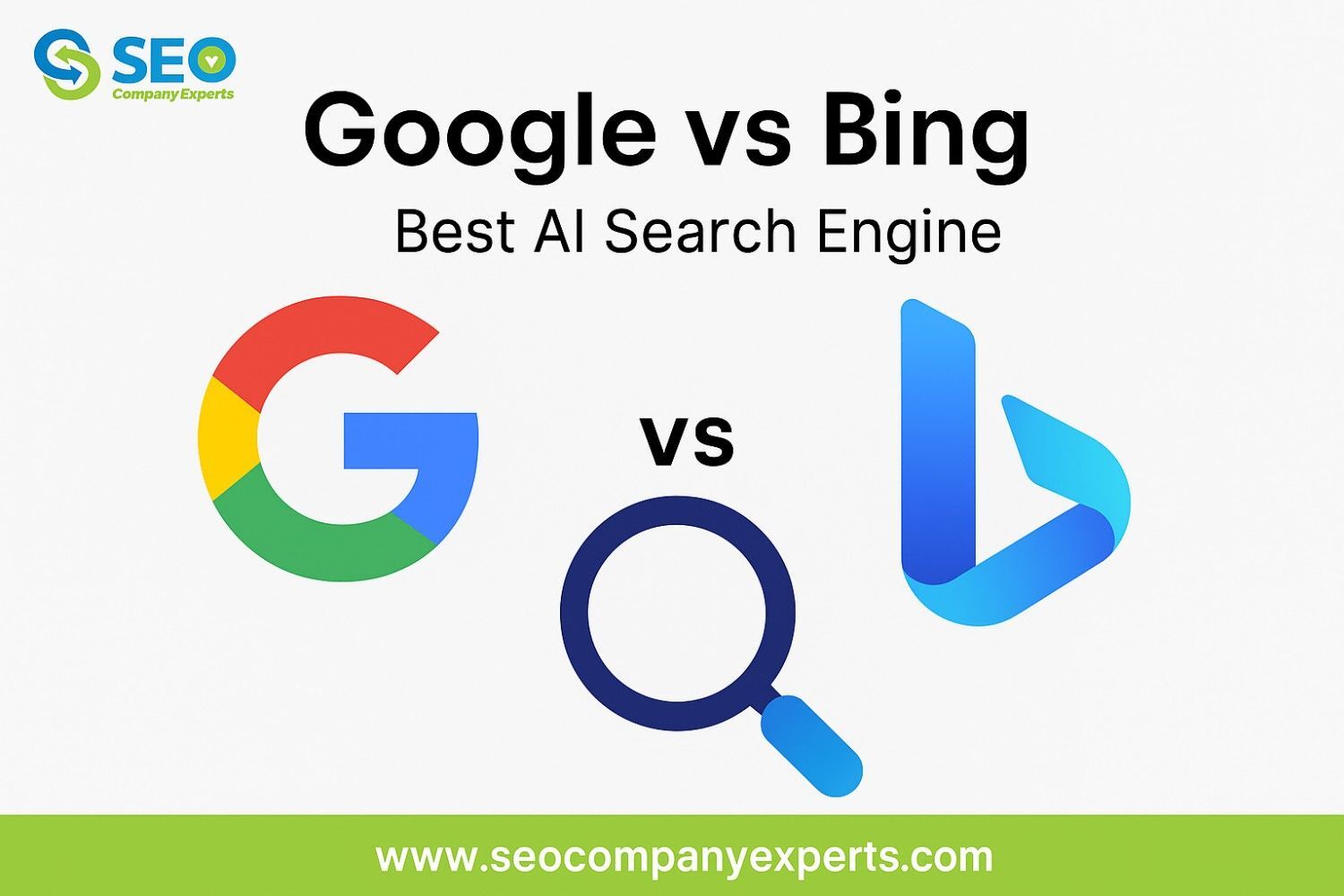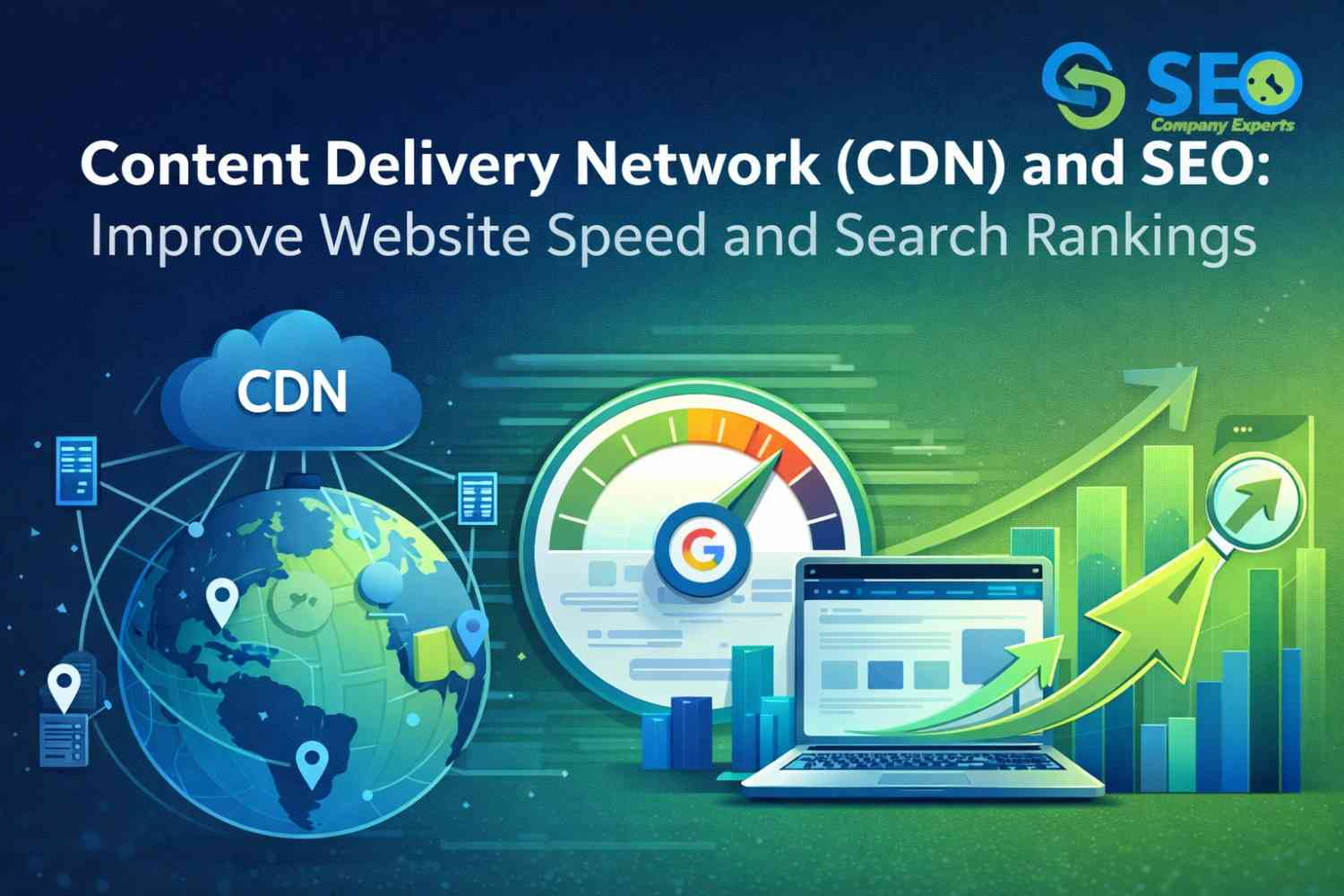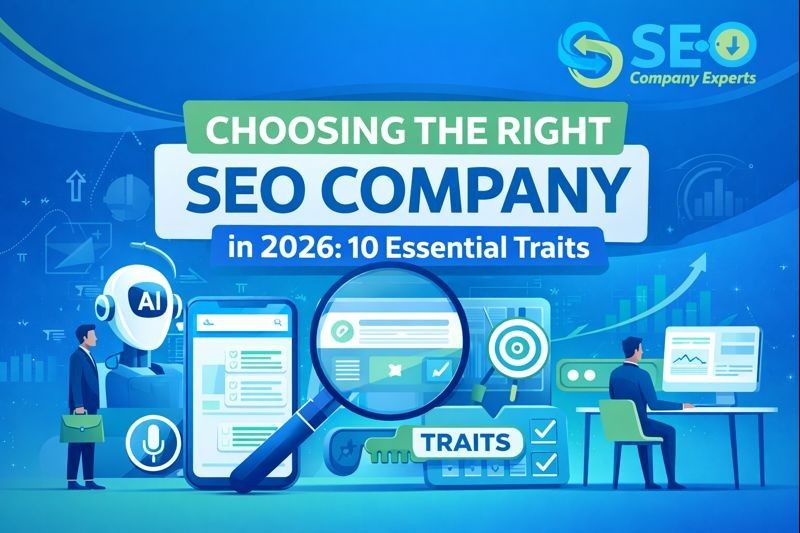

The search engine landscape is experiencing its most dramatic transformation since Google’s inception over two decades ago. While Google has maintained its throne with a commanding 91.9% market share globally, Microsoft’s Bing has quietly been revolutionizing search through aggressive AI integration, growing its market presence to 3.43% and challenging long-held assumptions about search engine superiority.
For millions of users worldwide, the choice between search engines has never been more critical. As AI-powered search engines reshape how we access information, understanding the fundamental differences between Google and Bing becomes essential for making informed decisions about which platform best serves your specific needs, whether for personal research, business operations, or digital marketing strategies.
Google vs Bing: The Ultimate Search Engine Showdown
The battle for search supremacy has intensified dramatically with the introduction of artificial intelligence capabilities. Google vs Bing represents more than just a market competition—it’s a fundamental shift in how search engines process and deliver information to users.
Google’s dominance stems from its sophisticated PageRank algorithm and vast data resources, while Bing leverages Microsoft’s ecosystem integration and aggressive AI adoption. Recent market data shows that while Google processes over 8.5 billion searches daily, Bing handles approximately 400 million, creating distinct user experiences and result quality differences.
Market Share and User Demographics
Google’s overwhelming market dominance spans across demographics, but Bing shows stronger performance in specific segments:
Google’s Strengths:
- 91.9% global market share across all devices
- Dominant in mobile search (95.3% market share)
- Preferred by users aged 18-34 (94.2% preference rate)
- Leading choice for international searches
Bing’s Growing Presence:
- 3.43% global market share with steady growth
- Stronger performance on desktop (6.7% market share)
- Popular among enterprise users (12% in corporate environments)
- Higher adoption rates in specific geographic regions
The demographic split reveals interesting patterns. Younger users gravitate toward Google’s speed and familiarity, while professionals increasingly appreciate Bing’s integration with Microsoft Office suite and enhanced privacy controls.
Interface and User Experience Differences
Visual design philosophy separates these platforms significantly. Google maintains its minimalist approach with clean white backgrounds and subtle design elements, prioritizing speed and simplicity. Bing adopts a more visually rich interface featuring daily background images and integrated news elements.
Search result presentations differ markedly in layout and information density. Google displays more results per page with compact formatting, while Bing provides more detailed result previews with enhanced metadata visibility.
AI-Powered Search Engines: Revolutionary Features Compared
The integration of artificial intelligence marks the most significant evolution in search technology since the inception of web crawling. Both AI-powered search engines have deployed sophisticated language models, but their approaches and capabilities vary substantially.
Google’s AI implementation focuses on seamless integration with existing search infrastructure, while Bing has positioned AI as a central differentiating feature. This strategic difference creates unique user experiences and distinct advantages for different search scenarios.
How Does Google’s AI Overview Differ from Bing Chat?
Google Gemini AI powers the company’s AI Overview feature, providing concise summaries above traditional search results. The system analyzes multiple sources to generate coherent responses while maintaining links to original content. Google’s approach emphasizes accuracy and source verification, processing queries through multiple validation layers.
Bing Copilot offers conversational search experiences with follow-up questions and detailed explanations. The system encourages interactive dialogue and provides more expansive responses than Google’s summarized approach. Bing’s AI engages users in multi-turn conversations, creating more personalized search sessions.
Key functional differences include response length, source citation methods, and user interaction models. Google prioritizes concise answers with clear source attribution, while Bing emphasizes comprehensive explanations with contextual depth.
Google Gemini vs Bing AI Algorithm Overview
The underlying architecture of these generative search engine differences: Google and Bing reveals distinct technical philosophies. Google’s Gemini utilizes multimodal processing capabilities, analyzing text, images, and contextual information simultaneously for comprehensive understanding.
Bing’s AI algorithm, powered by OpenAI’s GPT technology, excels in natural language processing and creative content generation. The system demonstrates superior performance in complex reasoning tasks and multi-step problem solving scenarios.
Processing speed varies significantly between platforms. Google’s AI Overview appears in approximately 0.3 seconds for most queries, while Bing’s conversational responses typically require 2-4 seconds for complete generation, reflecting their different optimization priorities.
Best Search Engine Features Compared: Core Functionalities
Beyond AI capabilities, traditional search functionalities remain crucial for determining the best search engine for specific use cases. Both platforms offer comprehensive feature sets, but implementation quality and integration depth create meaningful differences.
Feature comparison reveals strengths and weaknesses that impact user productivity and satisfaction. Understanding these core functionalities helps users optimize their search strategies for maximum effectiveness.
Search Algorithm Differences
Ranking factors – Google and Bing operate on fundamentally different principles:
Google’s Primary Ranking Factors:
- PageRank authority and backlink quality
- Content relevance and semantic understanding
- User engagement metrics and behavioral signals
- Page loading speed and mobile optimization
- Content freshness and update frequency
Bing’s Ranking Priorities:
- Social media signals and social sharing metrics
- Exact keyword matching and on-page optimization
- Domain age and historical performance
- Local search optimization factors
- User click-through rates and dwell time
These algorithmic differences create varying search result compositions for identical queries, offering users alternative perspectives on the same topics.
Local Search – Google and Bing Performance Analysis
Local search – Google and Bing capabilities directly impact business visibility and consumer decision-making. Both platforms have invested heavily in location-based services, but their approaches and accuracy levels differ significantly.
Google’s local search dominance stems from comprehensive business data integration and user-generated content volume. Bing’s local search improvements focus on integration with Microsoft’s ecosystem and enhanced business verification processes.
Google My Business vs Bing Places for Business
Google My Business processes over 5 billion monthly interactions, providing businesses with detailed analytics and customer engagement tools. The platform’s review integration system influences local ranking factors substantially, with review quantity and quality impacting visibility scores.
Bing Places for Business offers streamlined business management with direct Microsoft Advertising integration. The platform provides competitive advantages through lower competition levels and potentially higher conversion rates in specific market segments.
Business verification processes differ between platforms, with Google requiring more stringent verification steps but offering broader visibility opportunities upon completion.
Unique Features of Google vs Bing in AI-Driven Search
The unique features of Google vs Bing in AI-driven search extend beyond basic query processing to include specialized tools and integration capabilities that serve different user needs and preferences.
These distinctive features often determine user loyalty and platform preference, especially among professionals and specialized user groups who require specific functionalities for their work or research.
Google AI Overview vs Bing AI: Feature-by-Feature Breakdown
Google AI Overview excels in factual accuracy and source verification, making it ideal for research and academic applications. The system’s integration with Google Scholar and authoritative sources enhances credibility for professional use cases.
Bing AI demonstrates superior creative capabilities and conversational engagement, making it valuable for content creation, brainstorming sessions, and exploratory research projects. The platform encourages experimental thinking and alternative perspective exploration.
Response formatting differs significantly, with Google emphasizing structured data presentation and Bing focusing on narrative explanations and contextual understanding.
Differences Between Google and Bing: Technical Performance
Technical performance metrics reveal substantial differences between Google and Bing in processing efficiency, result accuracy, and system reliability. These factors directly impact user experience and satisfaction levels across different usage scenarios.
Performance variations become particularly apparent during peak usage periods and when processing complex queries requiring extensive computational resources.
Search Speed and Accuracy Metrics
Google processes queries with an average response time of 0.2 seconds, while Bing averages 0.4 seconds for similar queries. This speed difference becomes negligible for most users but impacts perception of platform responsiveness.
Accuracy measurements show Google achieving 94.7% relevance scores in independent studies, compared to Bing’s 89.3% relevance rating. However, accuracy varies significantly by query type, with Bing sometimes outperforming Google in specific niches.
According to Statista, search engine accuracy studies indicate that “Google maintains superior performance in factual queries, while Bing demonstrates competitive advantages in creative and exploratory search scenarios.”
Google vs Bing Comparison: Which Should You Choose?
The Google vs Bing comparison ultimately depends on individual needs, preferences, and usage patterns. Neither platform serves as a universal solution for all users, making informed selection crucial for optimal search experiences.
Decision factors include privacy preferences, ecosystem integration requirements, AI feature priorities, and specific search use cases. Professional users often benefit from maintaining familiarity with both platforms.
For Personal Users
Personal search needs vary dramatically based on individual preferences and daily usage patterns. Consider these selection criteria:
Choose Google if you prioritize:
- Lightning-fast search results and minimal loading times
- Extensive mobile optimization and cross-device synchronization
- Comprehensive local search results and business information
- Integration with Gmail, YouTube, and Google Workspace
Choose Bing if you prefer:
- Enhanced privacy controls and reduced data tracking
- Rich visual experiences with daily background imagery
- Microsoft ecosystem integration (Office 365, Outlook)
- AI-powered conversational search capabilities
For Business and Professional Use
Enterprise search requirements often favor different platforms based on existing technology infrastructure and specific business needs.
Businesses using Microsoft Office 365 and Azure services typically benefit from Bing’s seamless integration, while companies relying on Google Workspace find better value in Google’s ecosystem approach.
Future of Search: Google vs Bing AI Evolution
The competitive landscape continues evolving rapidly as both platforms invest heavily in AI development and user experience improvements. Future developments will likely focus on personalization, real-time information processing, and multimodal search capabilities.
Market predictions suggest increased competition will benefit users through improved features, enhanced privacy options, and more sophisticated AI capabilities across both platforms.
Conclusion
The choice between Google and Bing ultimately depends on your specific needs and preferences. Google remains the best search engine for speed, accuracy, and comprehensive results, particularly excelling in local search and academic research. Meanwhile, Bing offers compelling advantages in privacy, visual search, and AI-powered conversational experiences.
As AI-powered search engines continue evolving, both platforms will likely narrow their performance gaps while developing unique strengths. Consider experimenting with both engines to discover which platform best serves your personal or professional requirements. The future of search promises exciting developments regardless of your chosen platform.





